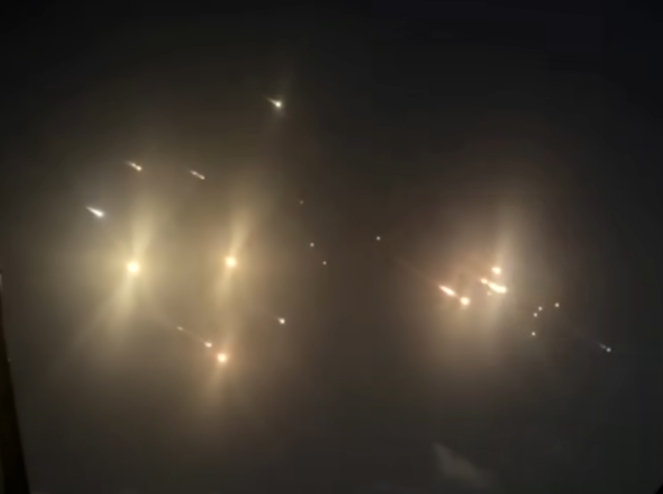In this episode of The Neoliberal Round, we dive into one of the most alarming and critical global issues unfolding right now: the escalating conflict in the Middle East, which has the potential to ignite a World War III. As tensions between Israel, Hamas, Hezbollah, and Iran reach a boiling point, the situation has rapidly evolved from a regional conflict into a crisis with global implications.
The episode starts by breaking down the chain of events that have intensified the conflict. We begin with Israel’s heavy-handed response to missile attacks from Hamas, which resulted in over 2,000 Palestinian deaths, most of them innocent civilians. But the conflict took an even more dangerous turn when Israel assassinated a Hezbollah leader with close ties to Iran, dragging Hezbollah—and by extension, Iran—into the fray.
In retaliation, Iran launched over 200 ballistic missiles toward Israel. While Israel’s defense systems, bolstered by U.S. technology, managed to intercept most of these missiles, several hit key Israeli military bases, marking a significant escalation in the conflict. This brings us to the central question of the episode: Will Israel retaliate, and if so, what will be the consequences?
The potential fallout from an Israeli retaliation could be catastrophic, not just for the Middle East but for the entire world. Unlike Hamas, Iran is a formidable regional power, equipped with advanced ballistic missiles and strong alliances with major global players like Russia, China, and other BRICS nations. A strike on Hezbollah, a close ally of Iran, would be tantamount to declaring war on Iran itself. And Iran is not isolated; it has the backing of powerful nations that could quickly turn this conflict into a global war.
We explore the broader geopolitical implications, pointing out that a conflict between Israel and Iran could draw in the U.S., Western Europe, and Japan on one side, while Russia, China, and the BRICS nations—along with other Middle Eastern countries—could form an opposing bloc. Such a scenario would stretch beyond the borders of Israel and Iran, potentially triggering simultaneous conflicts in Taiwan and Ukraine, as China and Russia take advantage of the chaos to advance their own geopolitical interests.
Russia has already moved its naval forces closer to the U.S., positioning ships off the coast of Cuba, while China is massing troops near the Taiwanese border, potentially preparing for an invasion. This confluence of crises raises the specter of a multi-front global conflict that could spiral out of control, dragging the world’s most powerful nations into war.
In this episode, we also discuss the urgent need for diplomacy. With the stakes so high, the U.S. and its allies must engage with Israel immediately to ensure that any response is measured and calculated to avoid triggering a wider war. The decisions made in the coming days could determine whether the world steps back from the edge of global conflict or plunges headfirst into World War III.
The Neoliberal Round offers a detailed and thought-provoking analysis of how this Middle Eastern conflict has become a flashpoint for global tensions, drawing in not just regional actors but the world’s most powerful nations. With Israel on the verge of retaliation and Iran ready to respond, the entire world is watching—and waiting.
Will diplomacy prevail, or are we on the brink of a war that will shape the future of global politics? Join us as we analyze this unfolding crisis and its potential to reshape the international order.
Stay tuned as we continue to provide in-depth coverage of the issues shaping our world and discuss the solutions that could avert disaster. The Neoliberal Round is your go-to podcast for understanding the global forces driving change, conflict, and resolution.



